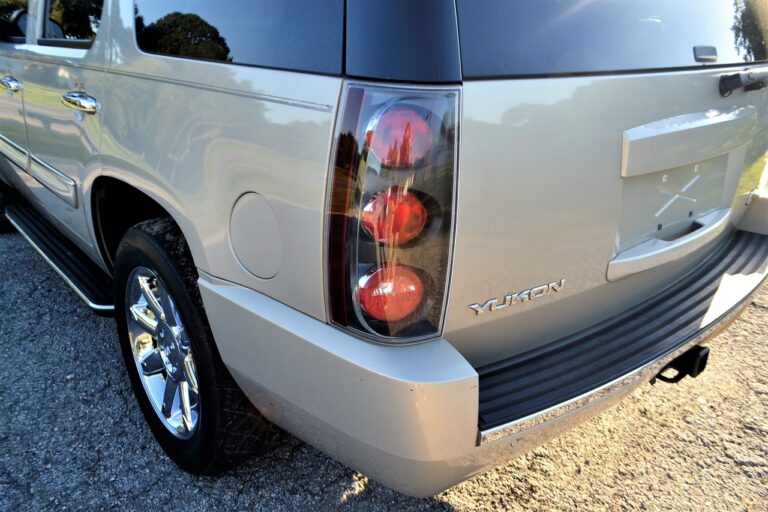Addressing Challenges in Automotive Air Conditioning Maintenance for Commercial Fleets
betbhai9 whatsapp number, radhe exchange admin, lotus365.win login:Addressing Challenges in Automotive Air Conditioning Maintenance for Commercial Fleets
Maintaining the air conditioning systems in commercial fleet vehicles is crucial to ensure the comfort and safety of drivers and passengers. However, there are several challenges that fleet managers may face when it comes to maintaining these systems. In this article, we will discuss some of the common challenges and provide solutions to address them effectively.
Understanding the Importance of Proper Maintenance
Proper maintenance of automotive air conditioning systems is essential to ensure that they function efficiently and effectively. Neglecting maintenance can lead to various issues, such as decreased cooling performance, increased fuel consumption, and even system failures. Therefore, it is imperative for fleet managers to prioritize regular maintenance of these systems to avoid costly repairs and downtime.
Common Challenges Faced by Fleet Managers
1. Lack of Regular Maintenance: One of the biggest challenges faced by fleet managers is the lack of regular maintenance of air conditioning systems in their vehicles. Due to busy schedules and competing priorities, maintenance tasks often get neglected, leading to a decline in system performance over time.
2. Inadequate Training and Resources: Another challenge is the lack of proper training and resources for fleet technicians responsible for maintaining air conditioning systems. Without the necessary knowledge and tools, technicians may struggle to diagnose and address issues effectively, leading to costly repairs and downtime.
3. Cost Constraints: Limited budgets can also pose a challenge when it comes to maintaining air conditioning systems in commercial fleet vehicles. Fleet managers may be hesitant to invest in preventive maintenance and instead opt for reactive repairs, which can end up costing more in the long run.
4. Aging Fleet Vehicles: As fleet vehicles age, their air conditioning systems are more prone to wear and tear, leading to performance issues and breakdowns. Managing older vehicles within a fleet requires proactive maintenance strategies to ensure that air conditioning systems remain in good working condition.
5. Environmental Factors: The operating environment of commercial fleet vehicles can also impact the performance of air conditioning systems. Extreme temperatures, dust, debris, and other environmental factors can accelerate wear and tear on components, leading to premature system failures.
6. Compliance and Regulations: Compliance with environmental regulations, such as refrigerant handling and disposal requirements, can also pose a challenge for fleet managers. Failure to adhere to these regulations can result in fines and penalties, making it essential to stay up-to-date on the latest compliance requirements.
Effective Solutions for Addressing Maintenance Challenges
1. Implement a Regular Maintenance Schedule: Establishing a regular maintenance schedule for air conditioning systems in fleet vehicles can help ensure that maintenance tasks are prioritized and completed on time. This can include regular inspections, filter replacements, refrigerant checks, and other preventive maintenance tasks.
2. Provide Training and Resources: Invest in training programs and resources for fleet technicians to enhance their knowledge and skills in maintaining air conditioning systems. This can include hands-on training, workshops, and access to technical manuals and resources.
3. Budget for Maintenance Expenses: Allocate sufficient budget for air conditioning maintenance expenses to ensure that preventive maintenance tasks are not overlooked due to cost constraints. Investing in preventive maintenance can help avoid costly repairs and downtime in the long run.
4. Monitor System Performance: Implement a system for monitoring the performance of air conditioning systems in fleet vehicles to identify any issues early on. Regular performance checks can help detect potential problems before they escalate into major repairs.
5. Upgrade Aging Systems: Consider upgrading air conditioning systems in older fleet vehicles to newer, more efficient models. Upgrading can help improve cooling performance, reduce fuel consumption, and enhance driver comfort.
6. Stay Informed on Regulations: Stay informed on environmental regulations and compliance requirements related to air conditioning systems in commercial fleet vehicles. Ensure that technicians are trained on proper refrigerant handling and disposal practices to avoid compliance issues.
FAQs:
Q: How often should air conditioning systems in fleet vehicles be serviced?
A: Air conditioning systems should be serviced at least once a year to ensure optimal performance and efficiency.
Q: What are some signs that indicate a problem with an air conditioning system?
A: Some common signs of air conditioning system issues include reduced cooling performance, strange noises, strange odors, and leaks.
Q: Can regular maintenance help prolong the lifespan of air conditioning systems in fleet vehicles?
A: Yes, regular maintenance can help prolong the lifespan of air conditioning systems by addressing issues early on and preventing major breakdowns.
Q: Are there any eco-friendly options available for air conditioning systems in fleet vehicles?
A: Yes, eco-friendly refrigerants are available for use in air conditioning systems to reduce environmental impact and comply with regulations.
In conclusion, addressing challenges in automotive air conditioning maintenance for commercial fleets requires a proactive approach, proper training, adequate resources, and adherence to regulations. By implementing effective solutions and prioritizing regular maintenance, fleet managers can ensure that air conditioning systems in their vehicles operate efficiently and reliably.







